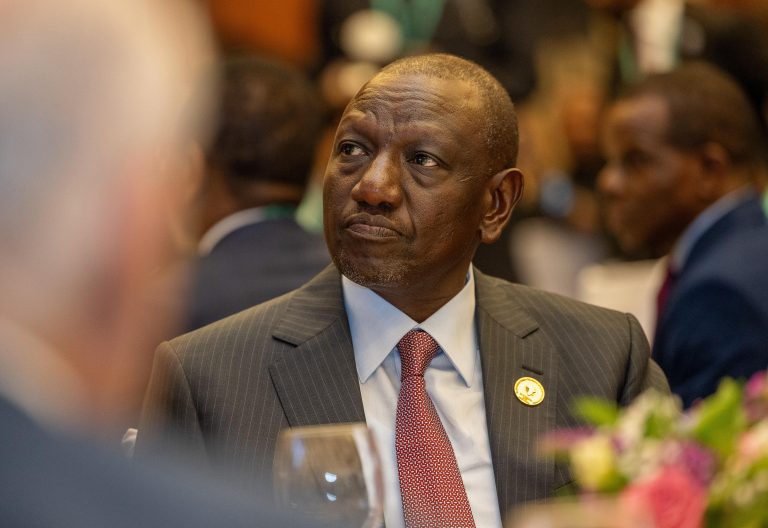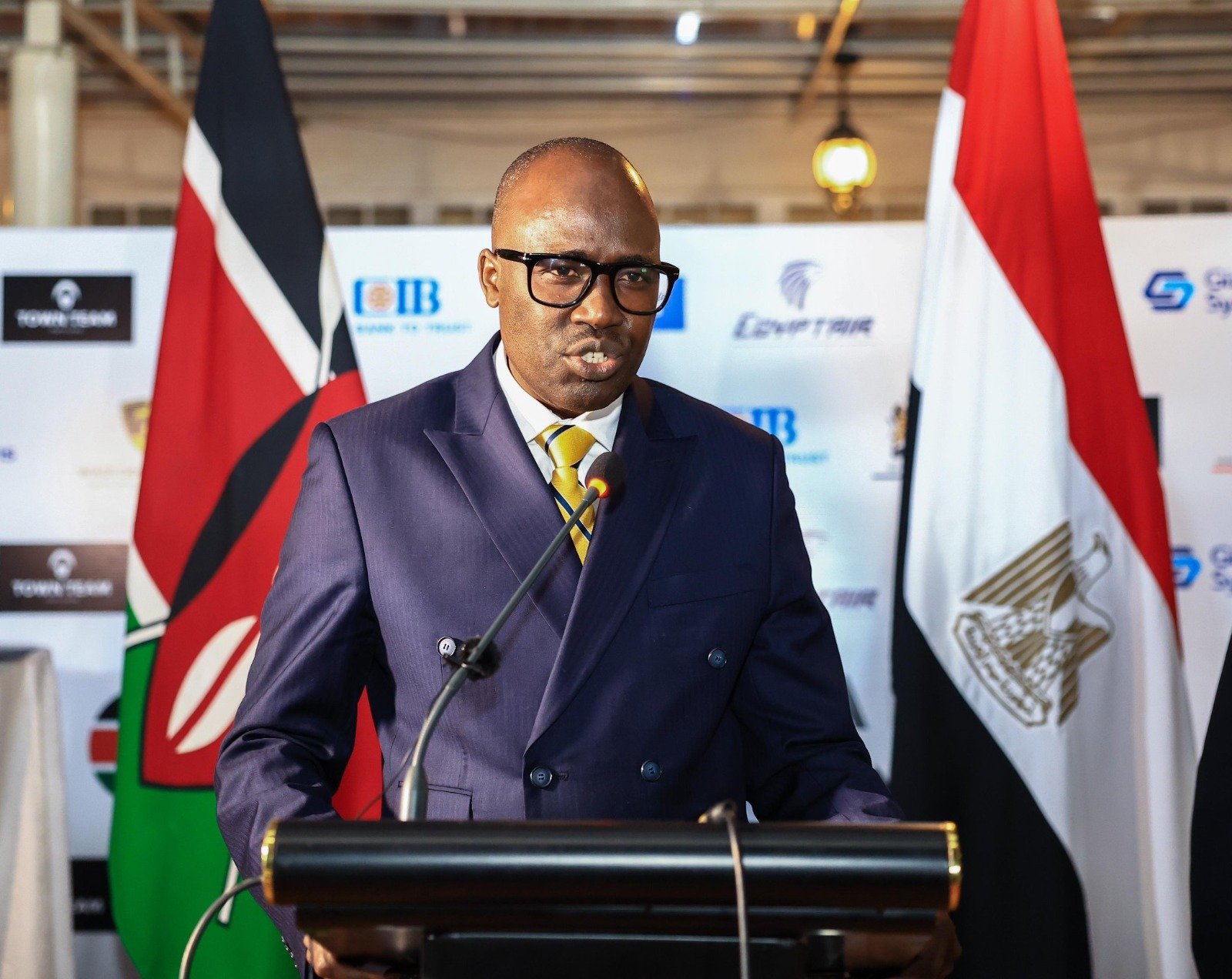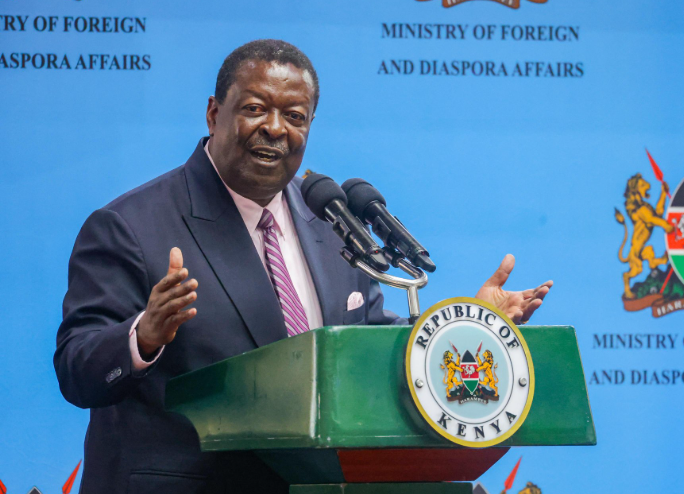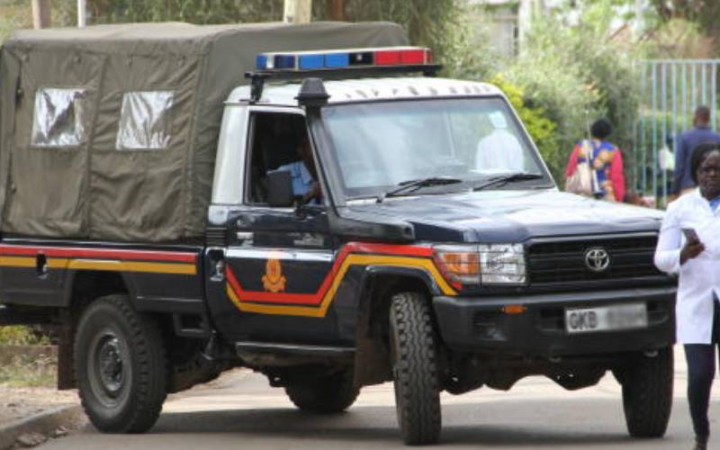Role in DRC, Sudan wars taints Kenya’s image

Kenya was last week negatively portrayed on the continental and global diplomatic stage amid dramatic political and geopolitical shifts ruled by fierce economic competition among nations.
The seismic upheavals have thrown Kenya’s foreign policy into a spin fuelled by conflict within the continent and another in a far-flung region that has been raging for three years.
Kenya has been thrust deep into this diplomatic, military and climate breakdown conundrum within the scientific imperative of alarming global warming and the energy transition
As host of the United Nations Environment Programme (UNEP), Kenya is required to be at the forefront in the diplomatically daunting task of convincing humans to cut down on fossil fuels – the main contributors to greenhouse gas emissions that cause global warming.
Unfolding political, geopolitical and economic events have sucked in Kenya and Africa into demands for the US, China, Russia, Europe, Japan and industrialising nations to transition away from fossil fuels to clean energy.
Double-dealing US President Donald Trump plans to withdraw the US from Paris Agreement – the legally binding UN treaty on climate change, while drumming up his “drill, baby drill” refrain for intensified oil and gas production.
However, just last week he mooted a deal with Russian President Vladimir Putin to end the war, asking Ukraine to give up its occupied territories, its rich strategic mineral reserves in these territories, and pay the $500 billion given as aid to Kyiv in the war!
Africa is most vulnerable to climate change caused by high emitting nations, despite its low emissions per capita. Yet the continent has the potential to resolve the climate crisis and the economic geopolitical warfare between these foreign influences competing for its vast natural resources, including oil.
Kenya tasted the fallout from this complex scenario and its internal-homegrown conflicts which played out during the African Union Commission chairperson election that saw its State-backed candidate Raila Odinga lose to Djibouti’s Mahamoud Ali Youssouf.
In this fierce geopolitical and economic puzzle, and the conflict in Sudan and the Democratic Republic of the Congo (DRC), Kenya’s leadership is not perceived to be an honest broker. Added to the Muslim, Arab oil-producing countries factor, its pro-Israel stance in the Palestinian conflict dealt its floundering diplomacy image a major dent during the voting.
Israel’s main ally, the US, has condemned Rwanda-backed M23 rebels, who have captured two Eastern DRC cities. Kenya has hosted the M23 rebels and just last week leaders of the Rapid Support Forces fighting the Sudan Armed Forces, that raised a scandalous diplomatic furore.
DRC has probably the world’s most abundant mineral and natural resources, and the world’s most important source of minerals used in technology.
The country produces 70 percent of the world’s cobalt, a key component in the production of lithium-ion batteries that power phones, computers and electric vehicles. Electric vehicle sales are predicted to grow from 6.5 million in 2021 to 66 million in 2040.
It is Africa’s largest copper producer and has 70 percent of the world’s coltan, which is critical to mobile phone and computer manufacturing. The DRC has an estimated $24 trillion worth of untapped mineral resources.
The US has a keen interest in the DRC’s strategic minerals in developing an electric vehicle value chain. Trump’s right-hand man and head of his department of government efficiency (DOGE) is the owner of the US’s leading electric vehicle producer. Kenya’s diplomacy is at stake.
— The writer comments on political and economic affairs; albertoleny@gmail.com














